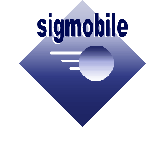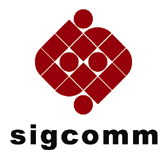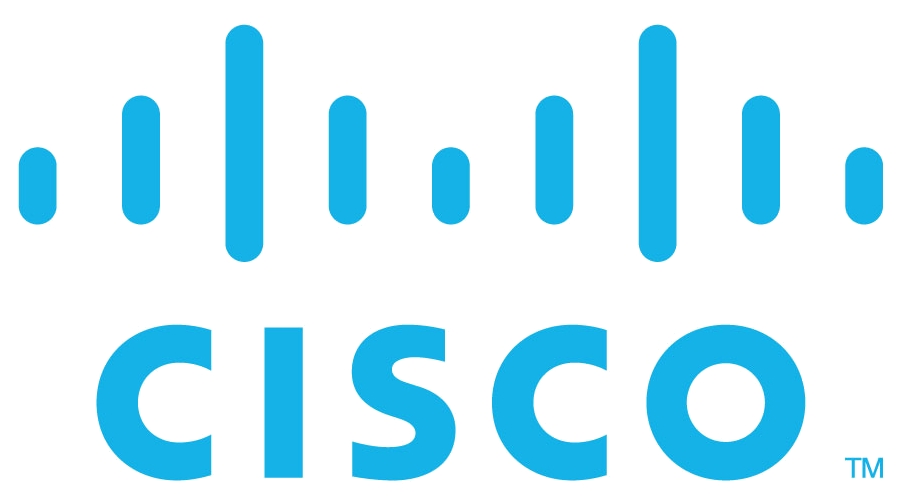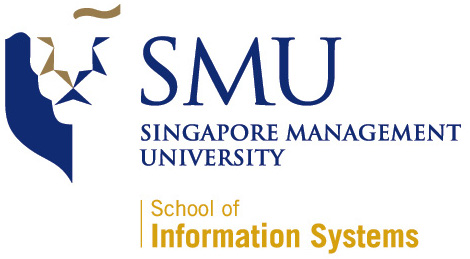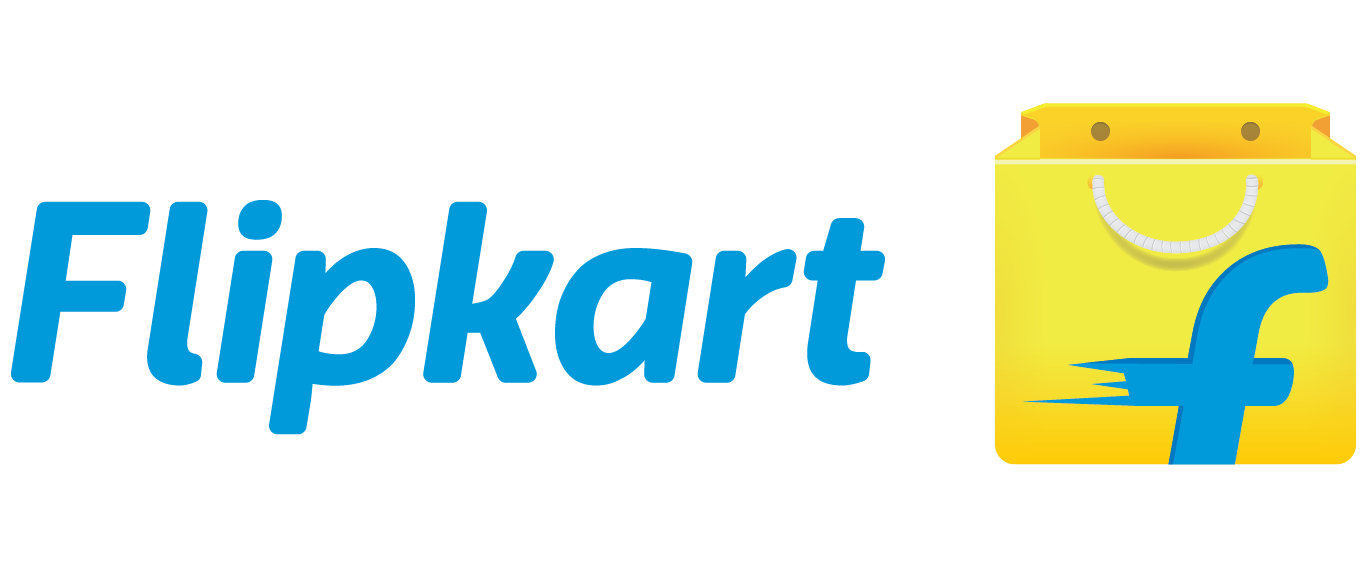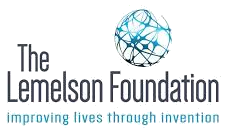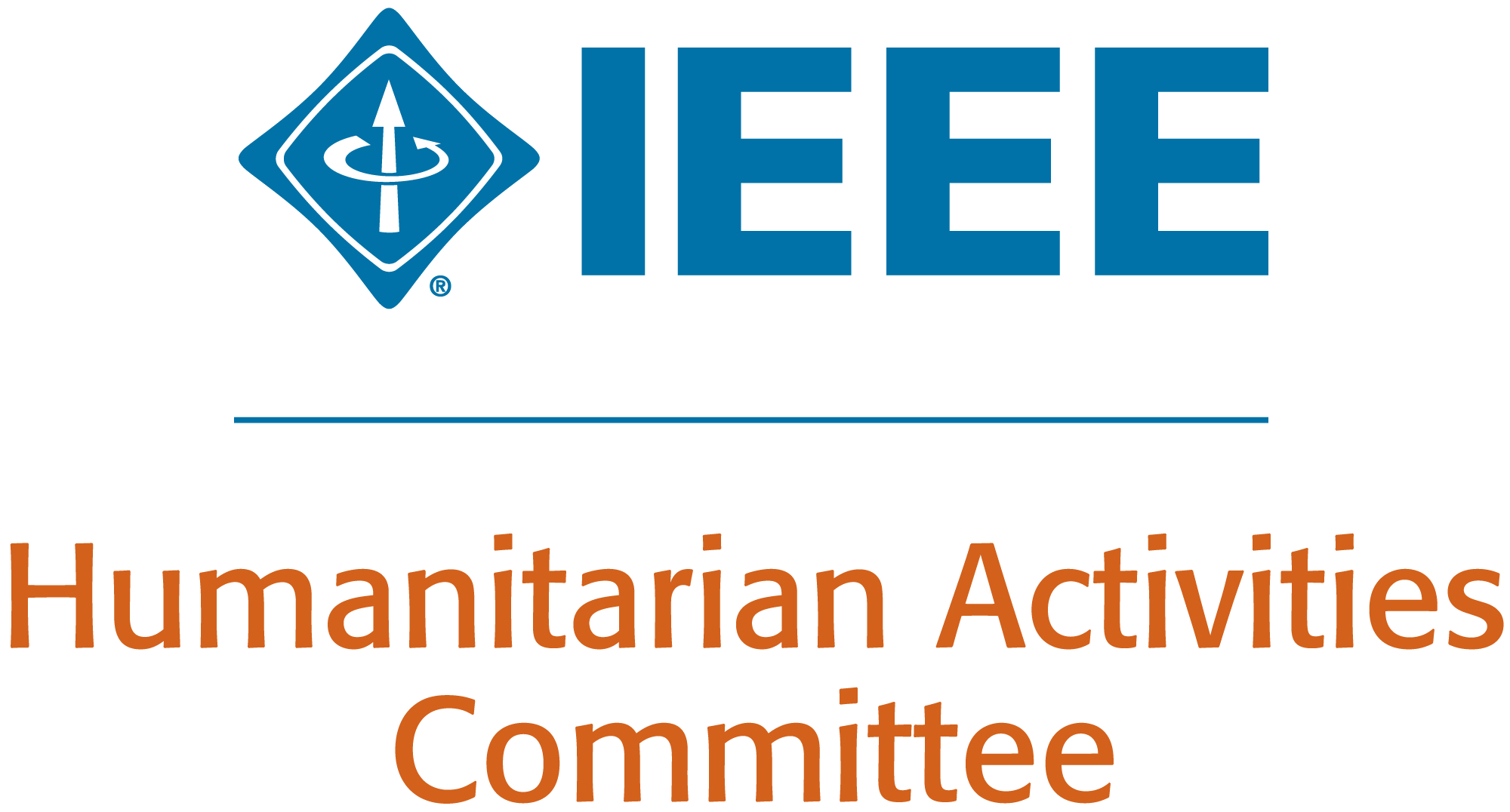Workshop on Machine Intelligence in Networked Data and Systems (MINDS)
Workshop Date: Monday, 7th January 2019
The inter-working of machine learning and networking is set to transform and disrupt many areas of business and everyday human life. MINDS (Machine Intelligence in Networked Data and Systems) aims to bring together researchers and practitioners to understand and explain this inter-working. MINDS will discuss and present latest achievements and innovations at the cross-section of machine learning, systems, and networking.
MINDS welcomes original research submissions that define challenges, report experiences, or discuss progress toward design and solutions that integrate machine learning, deep learning, mobile systems, and networked systems in various application areas. These application areas include but are not limited to healthcare, environment, retail, transportation, life sciences etc. Contributions describing techniques applied to real-world problems and interdisciplinary research involving novel networking architectures, system designs, IoT systems, big data systems with machine learning as the core component are especially encouraged.
The topics of interest include but are not limited to
- Design and implementation of intelligent systems for applications such as home automation, self-driving vehicles, driver assistance systems
- Cloud based machine and deep learning applications in retail and e-commerce
- Machine learning systems for healthcare, weather modelling, life sciences, and environment monitoring
- Machine learning driven analysis of text, image, and video data on social media
- Intelligent networked systems for city-scale transportation and logistics
- Machine learning driven systems using mobile phones, embedded devices, and sensor networks
- Applications of machine learning in IoT, IIoT, manufacturing, and supply chain optimisation
- System designs for data-driven intelligent networks
- Root cause analysis and failure prediction using system and network logs
- Applications of machine/deep/reinforcement learning in satellite networks, cellular networks and WiFi networks
- Machine learning driven algorithms and tools for network anomaly detection and network security
- Machine learning and data mining of large-scale network measurements
- Stream-based machine learning for networked data
- Machine learning driven algorithms for network scheduling and control
Papers can be submitted through EDAS : Click Here
Registration/Submission Process
- Log in to EDAS
- Go to the list of conferences accepting submissions.
- Find "COMSNETS 2019" and click on "Submit Paper" link at the right of the column.
- This will take you to all tracks under "COMSNETS 2019". Click on the track "The Tenth International Conference on COMmunication Systems and NETworkS (COMSNETS) - MINDS Workshop"
- You can also come to this page directly by going to COMSNETS 2019: MINDS Workshop EDAS Submission Portal
- You will be taken to a page that asks you for the title of the paper, topics etc.
- In the box called "Paper abstract", put in the abstract.
- After you press the submit button, you should add all other authors.
- That completes the abstract submission/registration.
- You can upload the paper after that, which can be done until the paper submission deadline.
Note:
- The abstract can be a paragraph or a couple of paragraphs that briefly describe the work, and should contain only plain text.
- The maximum paper length will be 6 pages.
Formatting and Paper Size Guidelines
Full papers submitted for review should have a maximum number of 6 pages. They should adhere to the formatting guidelines described below.
Papers must be submitted in PDF (Portable Document Format) and should be compatible with Acrobat (English version). They should not include any special characters or nonstandard fonts. Please ensure that your submissions can be displayed and printed without further processing using only standard tools and postscript printers.
Make sure that the paper prints well on black-and-white printers.
A document that provides simplified requirements for creating PDF Files is available. It describes the essential steps in distilling PDFs. Please pay particular attention to figures and graphs in the paper to ensure that they are legible when printed using standard black-and-white printers.
The formatting guidelines for the submission and that for the final camera-ready version of the accepted papers are identical.
Important Deadlines
| Paper Submission | |
| Notification of Acceptance | |
| Camera-ready Submission | |
| Workshop Date |
Invited Speakers

Avi Patchava
InMobi, India

Babu O Narayanan
SymphonyAI, India

Salil Kanhere
UNSW Sydney, Australia

Abhishek Mukherji
Cisco Systems, USA
Schedule
| Time | Item |
| 08:30 - 09:00 | Workshop Registration |
| 09:00 - 09:30 | Workshop Opening |
| 09:30 - 09:50 | Learning and Annotating Activities for Home Automation using LSTM |
| 09:50 - 10:30 | Keynote Talk: Amarjeet Singh, Zenatix, India |
| 10:30 - 11:00 | Break |
| 11:00 - 11:30 | Invited Talk: Salil Kanhere, UNSW Sydney, Australia |
| 11:30 - 12:00 | Invited Talk: Babu O Narayanan, SymphonyAI, India |
| 12:00 - 12:30 | Invited Talk: Avi Patchava, InMobi, India |
| 12:30 - 12:45 | TrajSummary: Summarizing Trips of Individuals |
| 12:45 - 01:00 | Brain Mapping Based Stress Identification Using Portable EEG Based Device |
| 01:00 - 02:00 | Break |
| 02:00 - 03:15 | Tutorial: Explanability in deep learning, Tushar Pawar, Infilect. |
| 03:15 - 03:30 | Enterprise Class Deep Neural Network Architecture for recognizing objects and faces for surveillance systems |
| 03:30 - 04:00 | Break |
| 04:00 - 04:30 | Invited Talk: Abhishek Mukherji, Cisco |
| 04:30 - 04:45 | CommuterScanner: Towards Smart Indoor Positioning Systems in Urban Transportation |
| 04:45 - 05:00 | A Text Data Augmentation Approach for Improving the Performance of CNN |
TPC Members
- Amar Prakash Azad, IBM Research, India
- Partha Dutta, Swiss Re, India
- Aditya Joshi, CSIRO, Australia
- Kirill Kogan, IMDEA, Spain
- Ravi Kokku, IBM Research, USA
- Abhishek Kumar, Cisco, Canada
- Mukundan Madhavan, Goldman Sachs, India
- Abderrahmen Mtibaa, New Mexico State University, USA
- Santosh Patil, CISCO, USA
- Nishanth Sastry, King's College, UK
- Uma Sawant, LinkedIn, India
- Mudhakar Srivatsa, IBM Research, USA
MINDS Workshop Co-Chairs

Vijay Gabale
Infilect, India

Vinay Kolar
NVIDIA, USA



